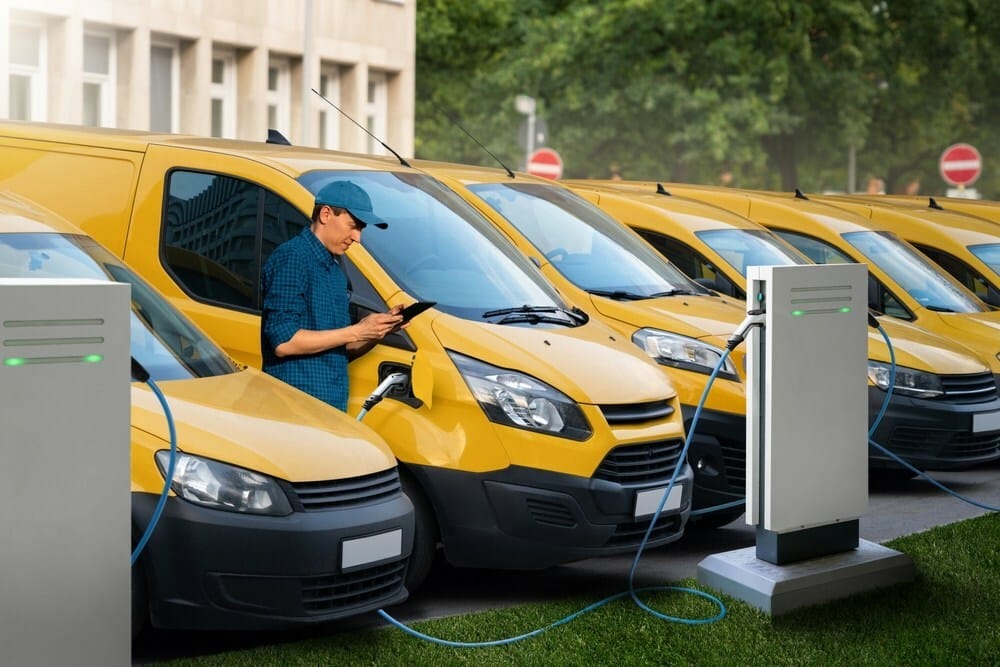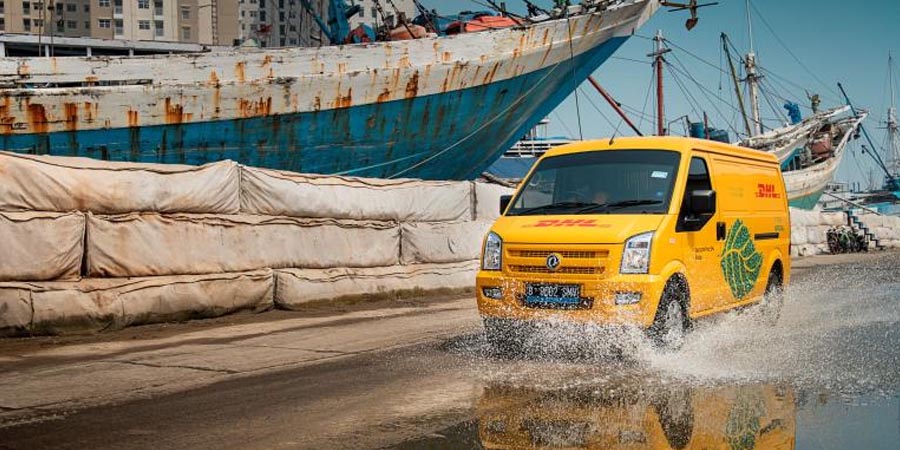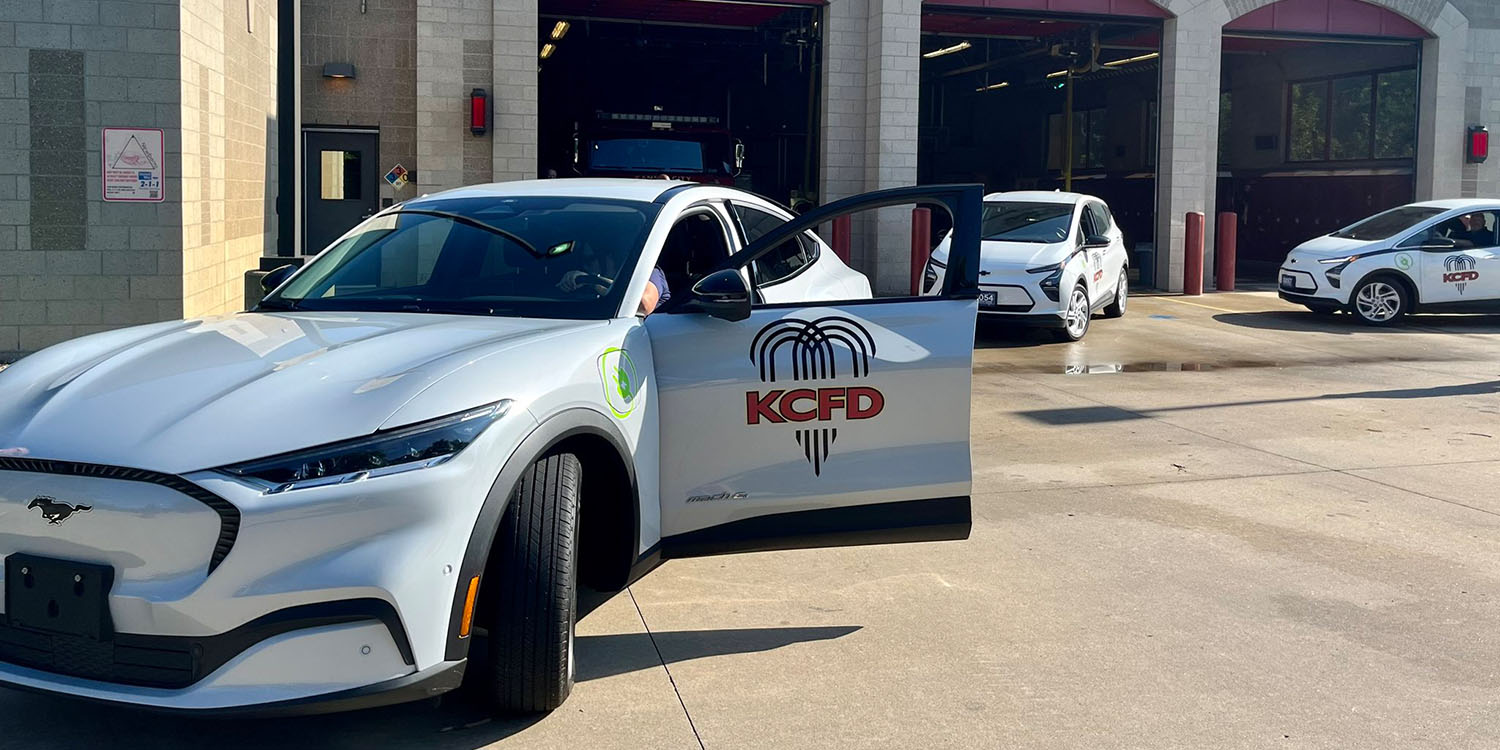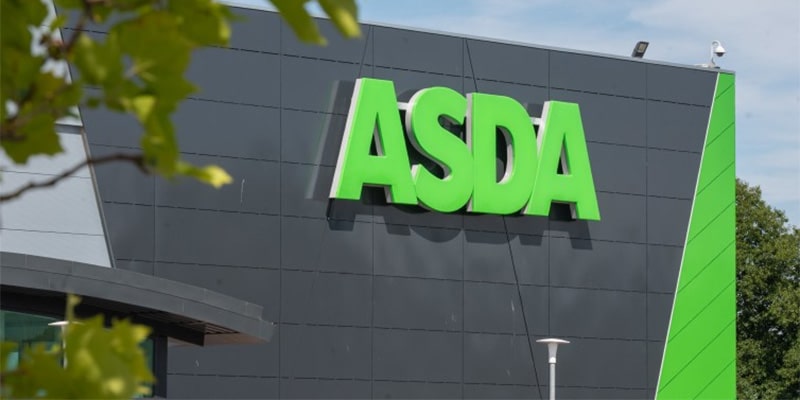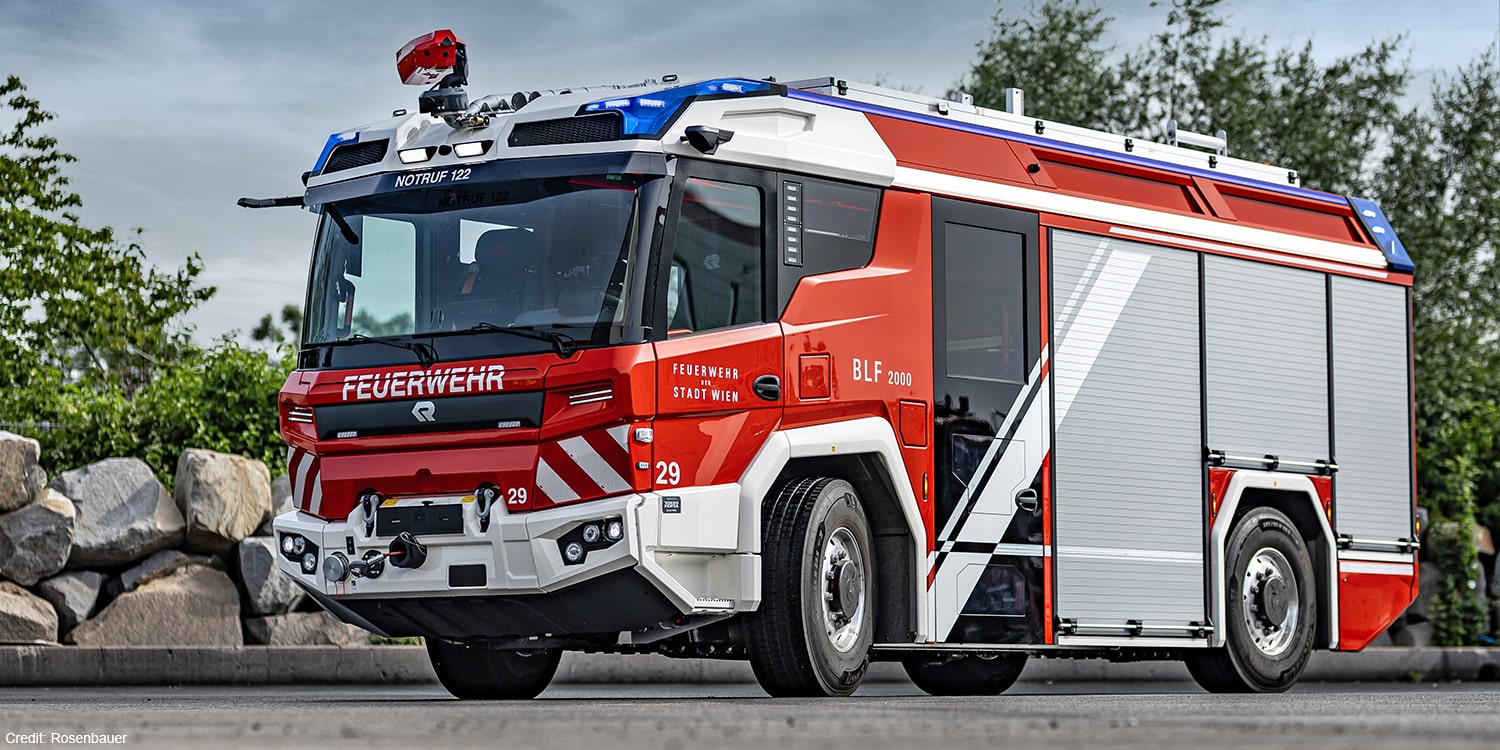Global logistics company Maersk has announced a significant initiative to reduce greenhouse gas (GHG) emissions in hinterland container transports. Maersk plans to purchase 25 state-of-the-art Volvo FH electric trucks in Germany, showcasing their commitment to decarbonizing global logistics and becoming a net-zero company by 2040 across all business areas and modes of transport.
Volvo Trucks is scheduled to deliver the first two units of fully electric trucks in Q4 2023, with the final unit expected in Q1 2024. The acquisition of these electric trucks is backed by the German Federal Ministry for Digital and Transport. Maersk is also exploring the establishment of charging infrastructure using green electricity for their own e-truck fleet at warehouses in Germany.
The electric trucks will primarily be used for local deliveries, including Maersk’s upcoming large warehouse in Duisburg and the Bremen/Bremerhaven area, which serves as one of Maersk’s main gateway ports in Germany. Additionally, Maersk is considering deploying e-trucks within warehouse areas to further reduce greenhouse gas emissions along the transport chain.
Maersk aims to set a new standard for inland container transports by investing in electric trucks. This transition aligns with the company’s core values of environmental responsibility and innovation. Leveraging advanced technologies, Maersk is leading the way in decarbonizing global logistics and transforming the industry’s landscape.
In addition to the German initiative, Maersk previously ordered 110 Volvo VNR electric trucks for North America, expanding their total commitment to 126 Volvo trucks and 300 e-trucks in collaboration with partner Einride. Maersk is actively pursuing other e-truck initiatives in various countries. The company is also exploring low GHG emission rail solutions based on renewable energy, as seen in Germany, and climate-neutral biofuels, recently announced in Spain.
The decision to invest in electric trucks in Germany aligns with Maersk’s efforts to further decarbonize hinterland logistics, driven by the successful deployment of electric trucks in the United States and increasing demand from customers for climate-neutral transportation. However, challenges such as higher total cost of ownership, limited infrastructure, and operational inefficiencies need to be overcome. Collaboration among industry players, customers, and governments is crucial to address these challenges. By leading the demand for e-trucks and supporting infrastructure, Maersk aims to inspire others to follow suit and overcome the obstacles hindering widespread adoption.



